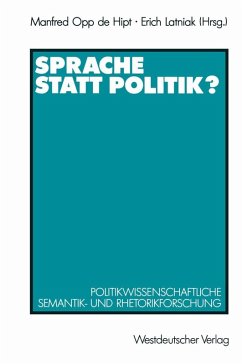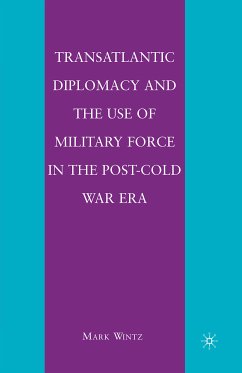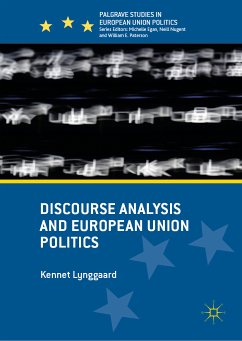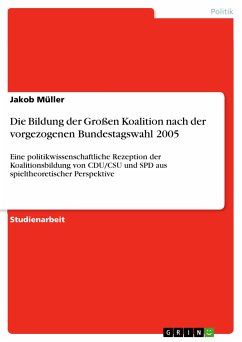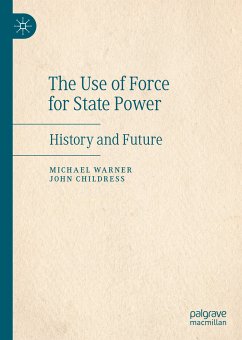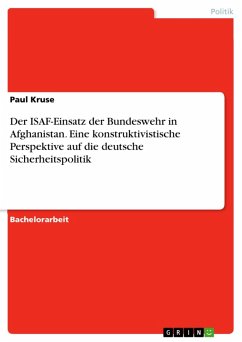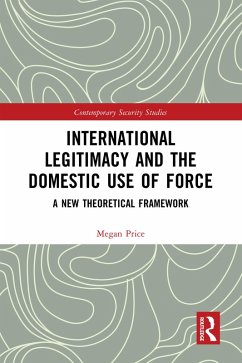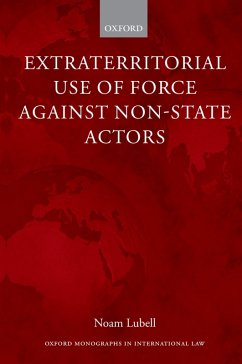
Discourse, Use of Military Force and Role of State (eBook, PDF)
A Role-theoretic Discourse Analysis of German Parliamentary Debates on Mission in Afghanistan
Versandkostenfrei!
Sofort per Download lieferbar
Statt: 65,88 €**
38,90 €
inkl. MwSt. und vom Verlag festgesetzt.
**Preis der gedruckten Ausgabe (Broschiertes Buch)
Alle Infos zum eBook verschenkenWeitere Ausgaben:

PAYBACK Punkte
0 °P sammeln!
As the prototype of the “civilian power”, Germany has always stressed the importance and necessity of diplomatic means to resolve crises. The participation of the Bundeswehr in the International Security Assistance Force (ISAF) in Afghanistan was a significant exercise of the new security policy after German reunification. Given that linguistic actors construct knowledge through their personal actions, security policy is necessarily reflected in the relevant discourses of political elites. This publication attempts to combine Linguistic Discourse Analysis and Role Theory to const...
As the prototype of the “civilian power”, Germany has always stressed the importance and necessity of diplomatic means to resolve crises. The participation of the Bundeswehr in the International Security Assistance Force (ISAF) in Afghanistan was a significant exercise of the new security policy after German reunification. Given that linguistic actors construct knowledge through their personal actions, security policy is necessarily reflected in the relevant discourses of political elites. This publication attempts to combine Linguistic Discourse Analysis and Role Theory to construct a role-theoretic discourse analysis approach for German security policy study: The parliamentary debate is a prerequisite for the legitimizing mandate for the use of the German military abroad; the topos/topoi and (pro-and contra-) arguments construct the parliamentary debate discourse and influence decisions on military action abroad; the use of the topos/topoi and arguments is constructed by the role perceptions of the German political elite, and the final decisions are the result of behavioral preferences influenced by role perceptions.
Dieser Download kann aus rechtlichen Gründen nur mit Rechnungsadresse in A, B, BG, CY, CZ, D, DK, EW, E, FIN, F, GR, HR, H, IRL, I, LT, L, LR, M, NL, PL, P, R, S, SLO, SK ausgeliefert werden.




